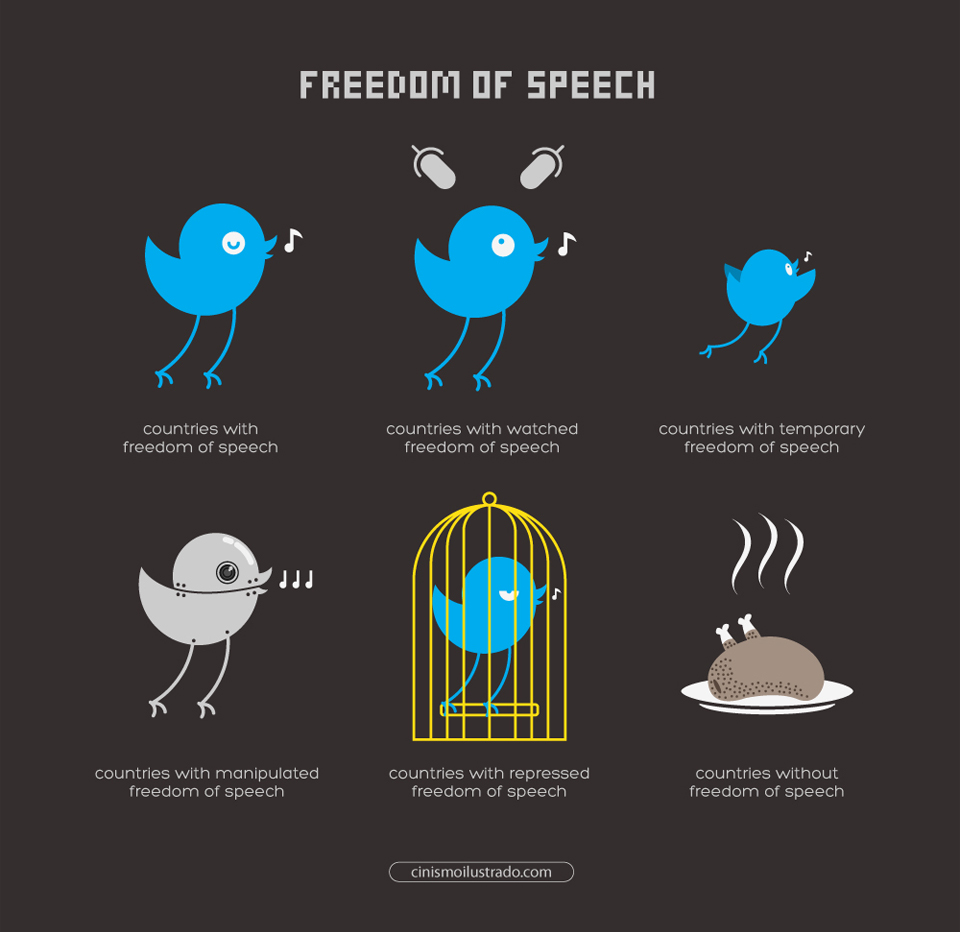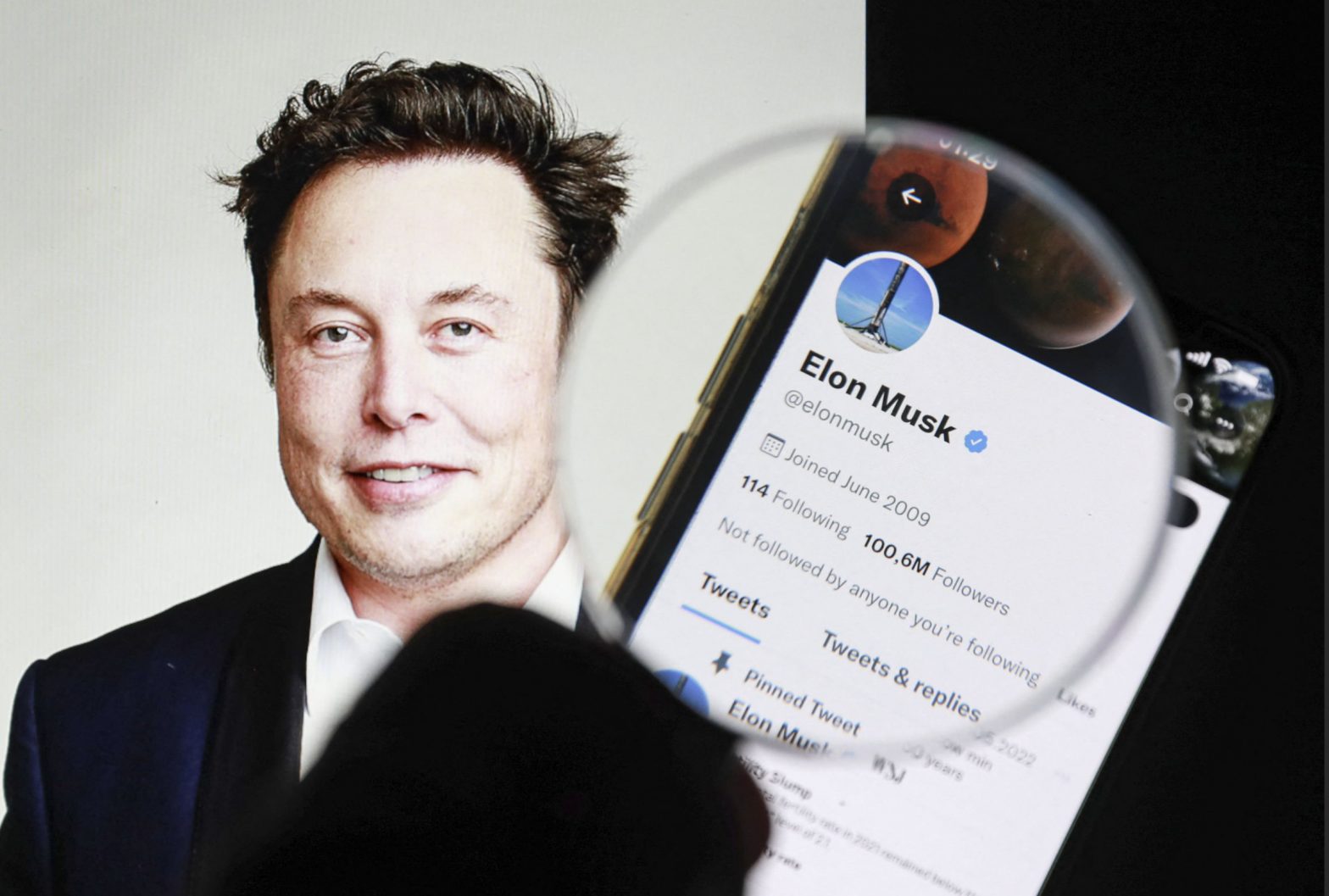Elon Musk’s recent assertion that Twitter, under his stewardship, has “no actual choice” in complying with government censorship demands has sparked controversy, particularly given his self-proclaimed status as a “free speech absolutist.” His management of the social media platform since his acquisition raises questions about the dichotomy between upholding the principle of free speech and bowing to the demands of government censorship.
Musk’s vision for Twitter, as he stated, was for it to be a place of uninhibited speech, a platform reluctant to delete content or impose permanent bans. This philosophy, however, is at odds with recent actions Twitter has taken under Musk’s leadership, including removing some accounts and tweets at the behest of the Turkish government ahead of its elections, a move that has drawn significant criticism.
This apparent divergence from his original stance raises questions about the feasibility of Musk’s vision in a world where social media platforms operate in diverse geopolitical landscapes with varying legal and societal norms.
It is evident that there exists a tension between the desire to uphold free speech and the necessity to comply with local laws and regulations. The question remains whether a balance can be struck that respects users’ freedom of speech while acknowledging the need to adhere to local laws, a situation Musk himself acknowledges.
Musk’s position that Twitter has “no actual choice” reflects the complex reality of running a global platform. This dilemma was apparent in his comments about adhering to India’s stringent social media regulations, saying that Twitter “can’t go beyond the laws of a country.” Musk’s position reflects a stark pragmatism that perhaps clashes with his earlier, more idealistic views on free speech.
Interestingly, before Musk’s acquisition, Twitter was known for its opposition to government takedown requests, often choosing to fight these requests in court. With Musk at the helm, this approach appears to have shifted, evidenced by Twitter complying with 51% of more than 47,000 removal requests between July and December 2021.

Yet, this is not the only instance where Twitter’s actions under Musk have seemed at odds with his professed commitment to free speech. The temporary banning of several high-profile journalists, claimed to have violated a new “doxxing” policy on the site, also raised eyebrows and sparked criticism.
Thus, the challenge that Musk faces is how to reconcile the aspirational goal of “free speech” with the pragmatic realities of operating within various countries’ legal frameworks. As we move forward, it will be interesting to observe how Twitter under Musk navigates these complex issues, balancing its commitment to free speech with its obligations to local laws and societal norms.
Furthermore, this situation calls into question the broader role of social media platforms in mediating free speech and their responsibility in creating a space that encourages open dialogue while mitigating the potential for harm.
In the age of the internet, where ideas and thoughts can be disseminated widely and rapidly, the challenge of balancing free speech and adherence to local laws will continue to pose a considerable challenge for not only Twitter, but all global social media platforms.
©world-news.biz
